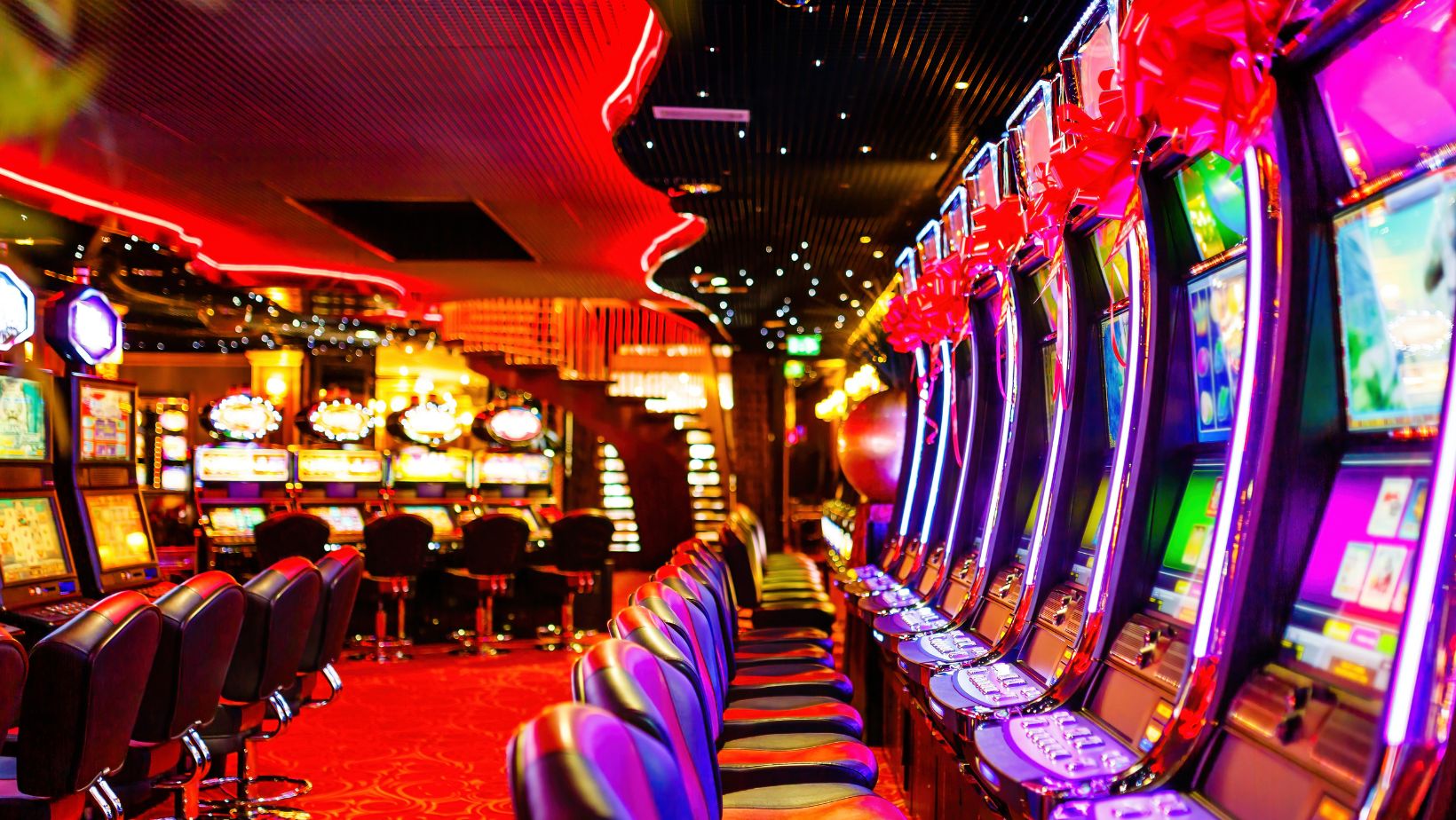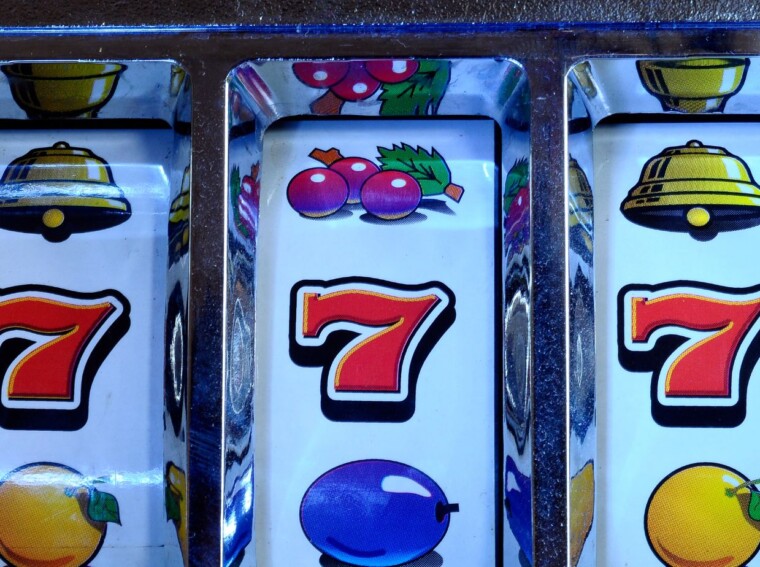Understanding casino odds isn’t about finding magical ways to beat the system. Rather, it’s about making informed decisions that minimize losses and maximize enjoyment. The mathematics behind gambling hasn’t changed, but your approach can.
Let’s start with a basic fact: every casino game has a built-in mathematical advantage called the “house edge.” This percentage represents how much of each bet the casino expects to keep over time. For example, if a game has a 5% house edge, the casino expects to keep $5 of every $100 wagered.
House Edge Percentages Across Popular Casino Games
Different games offer different odds. Here’s how the most popular games at Casino Vicibet stack up in 2025:
| Game | House Edge | Return to Player | Average Loss per $100 | Skill Influence |
| Blackjack | 0.5%-1.5% | 98.5%-99.5% | $0.50-$1.50 | High |
| Craps (Pass Line) | 1.41% | 98.59% | $1.41 | Medium |
| Baccarat (Banker) | 1.06% | 98.94% | $1.06 | None |
| Roulette (European) | 2.70% | 97.30% | $2.70 | None |
| Roulette (American) | 5.26% | 94.74% | $5.26 | None |
| Slot Machines | 5%-15% | 85%-95% | $5-$15 | None |
| Video Poker | 0.5%-5% | 95%-99.5% | $0.50-$5 | High |
| Keno | 20%-40% | 60%-80% | $20-$40 | None |
As you can see from this table, games like blackjack and video poker offer much better odds than slots or keno. In fact, the latest 2025 data from gaming commissions across major gambling destinations shows that blackjack remains the game with the lowest house edge, especially when players use basic strategy.
Mathematics Behind Casino Profits
Casinos don’t need to cheat to make money—mathematics does the work for them. Here’s how:
- The Law of Large Numbers ensures that the more hands/spins/rolls that occur, the closer the actual results will match the mathematical expectation
- Short-term variance (luck) may favor players temporarily
- Long-term probability always favors the house
- Volume of play guarantees casino profit regardless of individual winners
For example, a typical slot machine might be programmed with a 10% house edge. If it accepts $1 bets and is played 600 times per hour, it will handle $600 hourly. The mathematical expectation is that it will keep $60 and return $540 to players. Some players will win, some will lose, but the machine will generate approximately $60 per hour in revenue for the casino.
Furthermore, casinos carefully calibrate their games. According to the 2025 Gaming Industry Report, modern slot machines now use advanced algorithms that maintain a precise house edge while creating the illusion of near-wins, keeping players engaged longer.
Strategies to Improve Your Odds
While you can’t eliminate the house edge, you can minimize its impact with these strategies:
Choose the Right Games
Games with lower house edges give you better chances of winning. Blackjack, craps, and baccarat typically offer the best odds. In contrast, keno and certain slot machines have house edges exceeding 25%, making them among the worst bets in the casino.
Learn Optimal Play
For skill-based games like blackjack and video poker, learning perfect strategy can reduce the house edge significantly. For instance, the difference between a novice blackjack player and one using perfect basic strategy can be as much as 4% in expected returns.
Recent data from the University of Nevada’s Center for Gaming Research shows that only 12.3% of blackjack players follow basic strategy consistently, effectively giving away money to the house.
Take Advantage of Promotions
Casinos in 2025 are competing fiercely for customer loyalty. The average casino now spends 31.7% more on player incentives than in 2024. This means more complimentary items, match play coupons, and loyalty points that can effectively reduce the house edge.
Therefore, always join the players club and look for promotions that add value to your play. A 0.3% rebate might seem small, but it directly reduces the house’s advantage.
Common Gambling Fallacies to Avoid
Many players lose money because they fall prey to these mistaken beliefs:
- The Gambler’s Fallacy — believing previous outcomes affect future results
- Hot and Cold Streaks — thinking a machine or table is “due” for a win
- Betting Systems — believing you can overcome the house edge with betting patterns
- Luck-Based Superstitions — attributing outcomes to factors with no mathematical impact
For instance, in roulette, if red has appeared 10 times in a row, the probability of red on the next spin remains exactly the same: 48.6% on European roulette. The wheel has no memory.
Setting Realistic Expectations
In 2025, casino psychology will become even more sophisticated. Modern gaming floors use a combination of lighting, sound, and reward timing that triggers dopamine release, encouraging continued play. Understanding this can help you maintain perspective.

The most important strategy is setting appropriate expectations:
- View gambling as entertainment, not income
- Set a strict budget before playing
- Decide in advance when to walk away (win or lose)
- Calculate your expected loss based on the house edge and your total wagering
For example, if you plan to play blackjack for 3 hours at $25 per hand with 80 hands per hour, you’ll wager approximately $6,000. With a 1% house edge using basic strategy, your expected loss is about $60. Viewing this as an entertainment cost rather than a potential profit opportunity helps maintain a healthy perspective.
Knowledge is Power
Understanding casino odds won’t guarantee wins, but it will make you a smarter, more disciplined player. By choosing games with favorable odds, learning optimal strategy, and managing your bankroll wisely, you can extend your playing time and increase your chances of walking away a winner.
Moreover, the satisfaction of making informed decisions adds another dimension to the gambling experience. When you understand the mathematics at work, you can appreciate the design of the games while playing in a way that maximizes your enjoyment and minimizes your losses.
Remember, in the world of gambling, information is your most valuable asset—even more valuable than luck.
